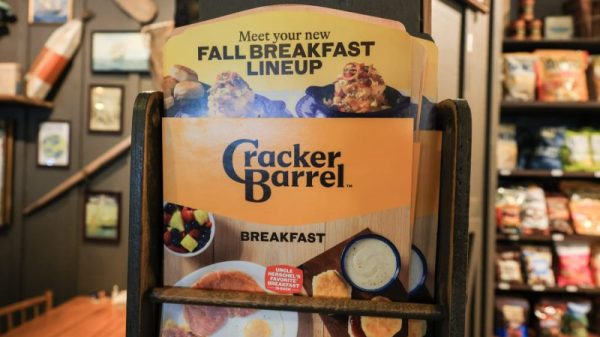In today’s rapidly evolving media landscape, the concept of trust in news sources has become a crucial aspect of the public’s consumption of information. The digital age has provided individuals with a wealth of sources to choose from when seeking news and information, leading to a diverse range of outlets catering to various interests and viewpoints. While traditional news organizations like CNN, Fox News, and The New York Times have long been considered bastions of reliable journalism, recent studies have shown that Americans’ trust in news sources does not always correlate with where they choose to get their news.
A Pew Research Center study found that while most Americans consider national news organization’s like CNN and Fox News to be trustworthy sources of information, these outlets are not necessarily where they turn to for news. Instead, many Americans are increasingly turning to alternative sources such as social media, online news aggregators, and niche websites for their news consumption. This shift in behavior has raised concerns about the quality and reliability of the information being disseminated to the public.
One factor contributing to this trend is the rise of social media platforms as primary sources of news for many Americans. Platforms like Facebook and Twitter have become popular destinations for users to discover and share news stories, often bypassing traditional news organizations altogether. While social media can provide a diverse range of perspectives and voices, it also opens the door to misinformation and fake news, leading to concerns about the accuracy and reliability of the information being circulated.
Another factor influencing Americans’ choice of news sources is the increasing polarization of the media landscape. With the advent of cable news networks catering to specific political ideologies, many Americans are choosing to get their news from sources that align with their own beliefs and opinions. This phenomenon has led to the rise of echo chambers, where individuals are exposed only to information that reinforces their preexisting views, further deepening societal divisions.
Moreover, the proliferation of online news aggregators and niche websites has made it easier for individuals to access news sources tailored to their specific interests and preferences. While this can lead to a more personalized news experience, it also raises questions about the quality and accuracy of the information being provided by these outlets. Without the oversight and editorial standards of traditional news organizations, these alternative sources may not always adhere to the same journalistic principles.
In conclusion, Americans’ trust in news sources is not always aligned with where they choose to get their news. The digital age has ushered in a new era of media consumption, where individuals have a multitude of options for accessing news and information. While traditional news organizations continue to be regarded as trustworthy sources of information, many Americans are turning to alternative sources such as social media, online news aggregators, and niche websites for their news consumption. This shift in behavior has raised concerns about the quality and reliability of the information being disseminated to the public, highlighting the need for increased media literacy and critical thinking skills in an era of information overload.


































